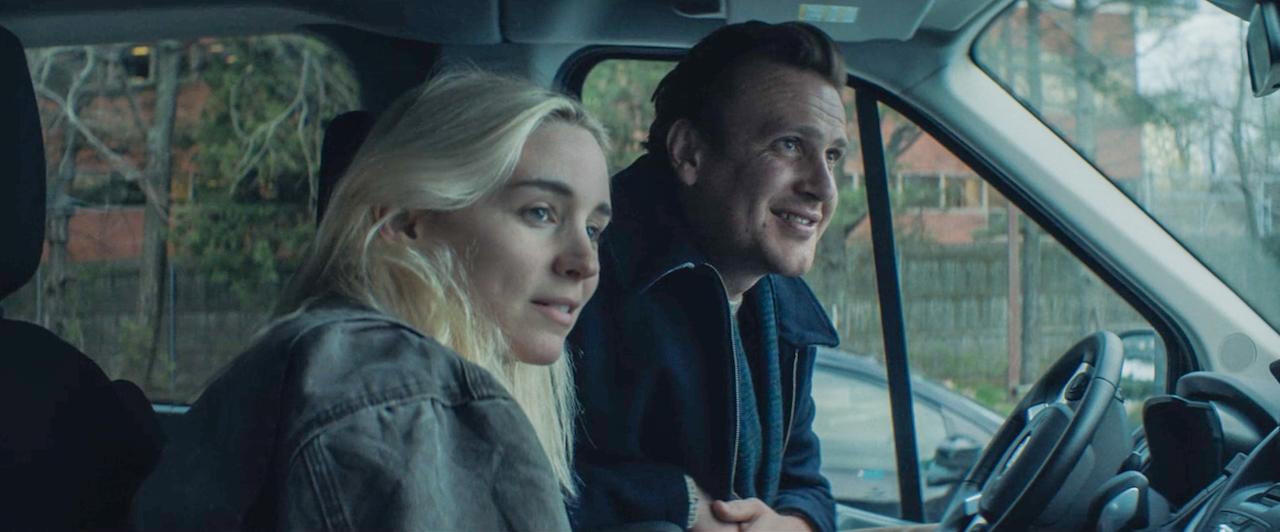Netflix seems to be on a roll with original content starring comedic actors who started with Judd Apatow and made their way to pure drama. Movies belonging to this category can be hit or miss, but “The Discovery” is a hit.
The smart and imaginative drama, released March 31 exclusively on Netflix, left me wondering if I should classify it as science fiction or magical realism. One thing’s for sure: it is a dark tale; one that raises existential questions like, “What happens after we die?” “What are your biggest regrets?” and “What would you sacrifice for your loved ones?”
To set the film, scientist Thomas Harbor (Robert Redford) is allowing his first interview since his revolutionary discovery, in which he proved there is an afterlife. He doesn’t claim to know where human consciousness goes after death, just that it goes somewhere. In his terms: “When you see a train leave the station, do you have to know it’s destination to know it’s going somewhere?”
His discovery resulted in an extreme rise in suicide, all people trying to get “there,” as it’s referred to. Even during the interview, a stagehand commits an on-air suicide, cutting Harbor’s first and last communication with the press short.
Fast forward two years later and the suicide toll has reached over 4 million and continues to go grow. We are introduced to Harbor’s son Will (Jason Segel), who is haunted by his father’s discovery and currently on a ferry to his father’s island home.
Will is cynical and damaged making Segel, known for his comedy films, an interesting choice for the role. Though, I eventually realized he was perfect for the character. He has the face and acting moxie that makes emotions vivid in his expression without even saying a word. Since his character is so jaded we see very little of this, but when we do see it, it’s enough to give you chills — or bring you to tears if you’re a crier.
On the ferry, he encounters Isla (Rooney Mara) who is both sad and a little quirky in a way that gives viewers the sense she has nothing left to live for – nor does she want to.
At first I thought this film definitely had an agenda, whether it be promoting theism or atheism I wasn’t sure. When Will first begins talking to Isla, he tells her about when his heart stopped beating as a child, and what he told his parents he saw while he was technically dead.
He then claims to have fabricated the story, and when asked why, he says, “I think it’s our instinct to search for meaning, and when there is none we create meaning and we lie, we just lie to ourselves.”
This came off to me as a clear assault on theism, but the very nature of the film suggests there is an afterlife, an assault against atheism.
I began to wonder how the movie would end without making a definitive statement about whether or not there is an afterlife, which, either way, is going to ruin it for half of audiences. Thankfully, they stay as far away as possible from giving the film religious undertones.
If the film is trying to make a statement, it is best summed up by a quote from Will to Isla: “I don’t know what this is, but if there’s a meaning to any of it, I think it’s not hitting the reset button, even if things get really rough.”
On the island, Harbor lives in a manor where he has essentially started a cult with Will’s brother Toby (Jesse Plemons), consisting of people affected by the discovery who “needed to be given a purpose” — another seemingly slight jab at theism. But, like I said, this story isn’t really about religion, it’s about love, determination and the will to live.
As for the majority of the plot, I will leave that for your discovery — steal your friend’s Netflix login info if you have to. Part of what makes this story enjoyable is its slow delivery of characters’ origins, motivations and expected tropes.
I will say that they are able to avoid taking a stand on the afterlife by misdirecting audiences with a mind-blowing twist. Yes, even if you begin to grow tired of the droll film, it’s worth sticking around for the “Eternal Sunshine of the Spotless Mind” style ending with a “Fight Club” level twist — only it’s even less predictable, which is why I don’t feel bad saying it. You’ll literally never see it coming.
When the credits rolled, a flush of overwhelming emotion came over me in which I truly cherished my loved ones, and oddly, life. In fact, the title “The Discovery,” might not be about the film at all, but about the self-discovery it forces onto its audience.




